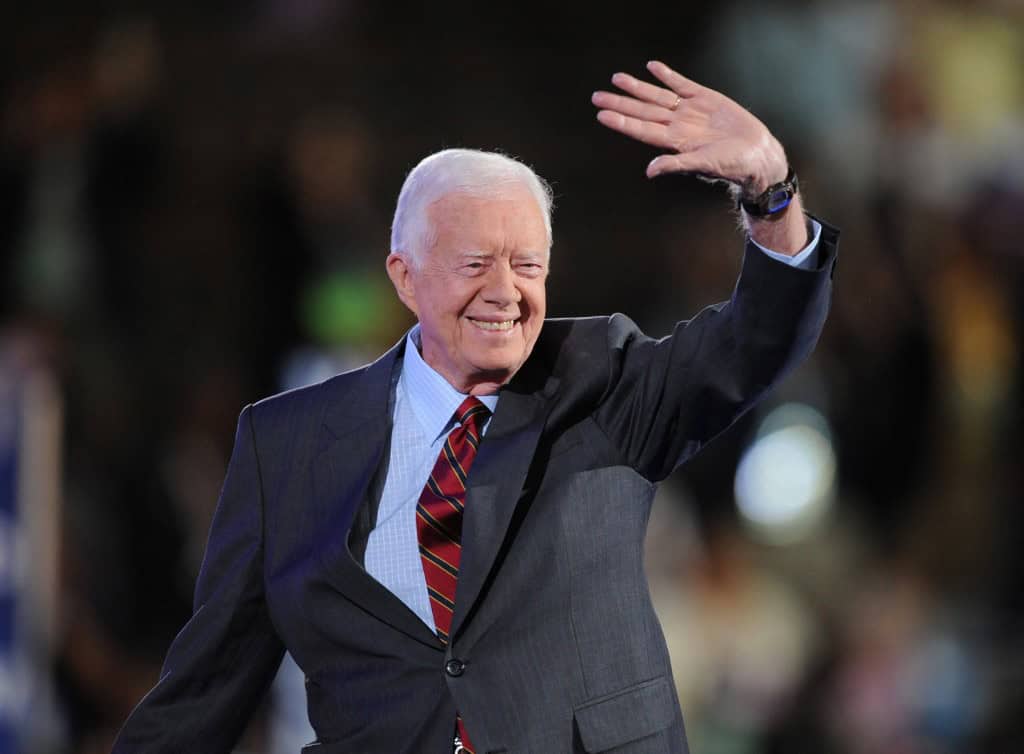Panama’s President José Raúl Mulino paid tribute to former U.S. President Jimmy Carter, who died Sunday at age 100, highlighting his crucial role in returning the Panama Canal to Panamanian control, even as former U.S. President Donald Trump threatens to reclaim the strategic waterway.
“His time in the White House marked complex times, which for Panama were crucial in managing to negotiate and agree on the Torrijos-Carter Treaties in 1977,” Mulino stated on social media platform X. “Through these treaties, we achieved the transfer of the Canal to Panamanian hands and our country’s full sovereignty. Peace to his soul.”
The Panama Canal, constructed by the United States and opened in 1914, was transferred to Panamanian control on December 31, 1999, following the historic 1977 treaties signed by Carter and Panamanian nationalist leader Omar Torrijos. The 80-kilometer waterway, which handles 5% of international maritime trade, has become vital to Panama’s economy, contributing 6% to the country’s GDP.
However, this legacy faces new challenges as Trump, who will return to the White House in January, threatened on Saturday to demand the return of the canal to U.S. control if toll prices for American ships aren’t reduced. This demand comes despite the fact that vessel tariffs are not determined by country of origin.
Mulino strongly rejected these claims at a press conference: “The canal is Panamanian and belongs to Panamanians. There is no possibility of opening any kind of conversation around this reality, which has cost the country tears, sweat, and blood.”
The Panama Foreign Ministry emphasized Carter’s lasting impact, stating his “leadership was fundamental in strengthening the bonds between our nations” and that the treaties “marked a new era of cooperation and mutual respect” between both countries.
Currently, the United States remains the canal’s primary user, accounting for 74% of cargo traffic, followed by China at 21%. As the waterway approaches its 25th anniversary under Panamanian sovereignty, this latest diplomatic tension highlights ongoing challenges in U.S.-Panama relations.






